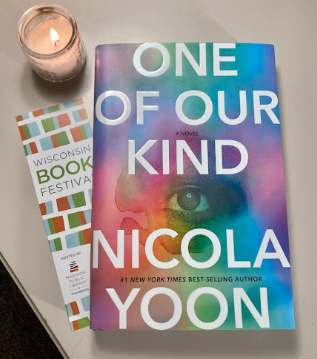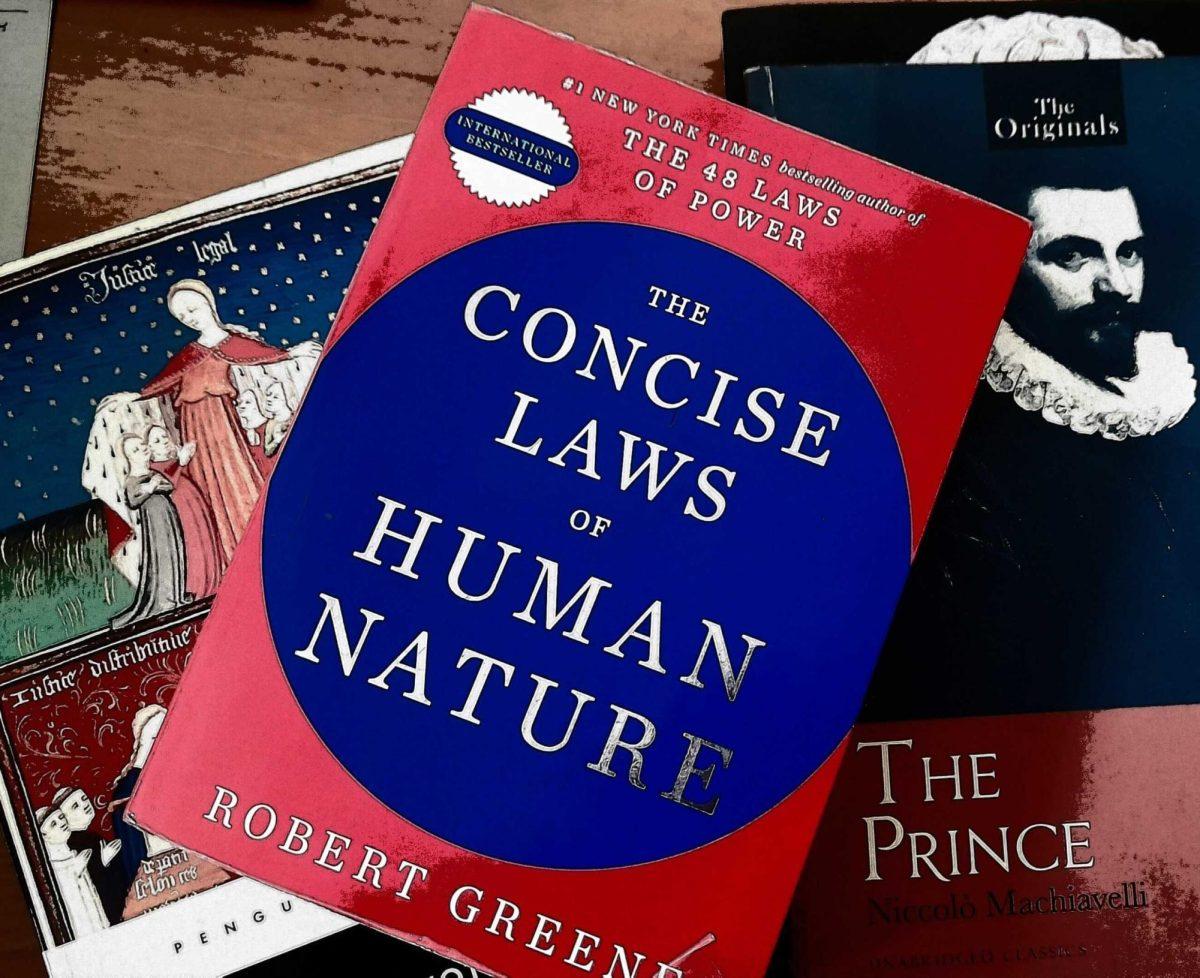
While R. Kelly’s “Soulacoaster: The Diary of Me” has its goofy moments and certainly comes in a goofy package, it effectively casts a human light on the R&B pop star, which R. Kelly’s fans may appreciate more than his casual listeners.
“Soulacoaster: The Diary of Me” practically begs readers to judge it by its cover. The physical copy is a novelty on the outside and an eyesore on the inside. The heft of the book comes in the form of a high school textbook with a font size commonly found in serial novels for children learning to read. The front features R. Kelly spread-eagle in front of dozens of microphones. The back, normally reserved for critical acclaim of the actual book, has critical acclaim for R. Kelly himself. Each of the 377 pages is full color, with tons of pictures and pull-quotes used with the same style and finesse as a middle-school student who just learned how to incorporate WordArt into his book reports. One can argue that the bigger and more colorful a book, the more you can sell it for, but its haphazard decoration has a sense of purpose that is also found in R. Kelly’s narrative.
R. Kelly makes it clear early on that the strong women in his life – like his mother, grandmother and teacher – are the reason for his success, but he still manages to craft a “chosen one” aura around his rise to fame. He even references an early emotional connection to Peter Parker and Luke Skywalker. In a passage between his teacher Miss Lena McLin and R. Kelly’s mother, the teacher tells her, “So what I’m saying is that Robert has a destiny: You’re the main ingredient of that destiny: He was born of your flesh and he contains all the music that God put in your heart. In a much smaller way, I’m also a part of Robert’s destiny.”
The absolute divine and holy description of Ms. Lena McLin fawning over R. Kelly’s promising ability, as if he were R&B’s second coming, is dripping with cringe-worthy self-delusion. The one sliver of redemption to it is he probably is telling it exactly the way he thinks it happened. That is the saving grace of the book: R. Kelly is sharing a rendition of his life as he has experienced it, delusional or not, and that takes guts.
But for most of the book, his narrative, while painstakingly linear even for an autobiography and littered with name drops, is sincere and fair. He describes his failed marriage with the measure and clarity of someone who has loved, lost and learned. Although he makes an attempt to sugarcoat his character despite multiple infidelities – saying he cried and prayed but could not help himself when women threw themselves at him – he clearly accepted the consequences and never blamed anyone for his actions but himself. Soulacoaster does not read like a confession or a justification but merely an explanation. While “R. Kelly” and “emotional maturity” may never have existed in the same sentence before, his reflections show glimmers of it.
A recurring struggle throughout R. Kelly’s life was his learning disability, which made him find comfort in music and basketball in the earlier parts of his life while he tried to escape from his dizzying school experience. His frank descriptions of the fear he felt trying to understand the written word are identifiable to anyone who has ever struggled with the weight of a problem, learning or otherwise.
There are nuggets of wisdom in the autobiography, but it’s like sifting for gold in a river. The curiously strange, candid and brief musings are enough to pick up “Soulacoaster.” He recounts meeting Michael Jackson for the first time during a collaboration and compared the encounter to meeting a beloved fictional character, saying: “Michael Jackson was real. He looked at least eight feet tall. He looked like an avatar.” And that is just a small sample of R. Kelly’s curious musings.
Not all the musings are novel. In the same passage, he describes waiting for Jackson to arrive, then thinking of what kind of Chinese food to order for him. He talks about walking over to Jackson when he comes in, and quickly the reader knows more mundane details about this exceptional meeting than they would ever care to know. The book is written in short, choppy and excruciatingly informative sentence-chunks that let you know exactly what was on R. Kelly’s mind during the parts of his life he shares. While this is not always a bad thing, it is often tiresome.
That style of “step-by-step” narrative is not new to R. Kelly. Those who have sat through R. Kelly’s “Trapped in the Closet,” whether for pure entertainment, hipster irony or both, can attest to the long-winded but hilarious string of events. “Trapped in the Closet” is ridiculous and entertaining (and apparently, Kelly alludes, not over), and Kelly seems to be aware of its reputation, but coyly avoids whether or not he meant it to be funny at the time.
It would be very easy and almost tempting to write off “Soulacoaster: The Diary of Me” as an ingenuous, stupid publicity stunt, as so many celebrity autobiographies can be (read: Snooki’s). But if the reader is willing to wade through the layout and the heaps of dry, superfluous details, it becomes clear R. Kelly has led a life full of stories worth telling.













